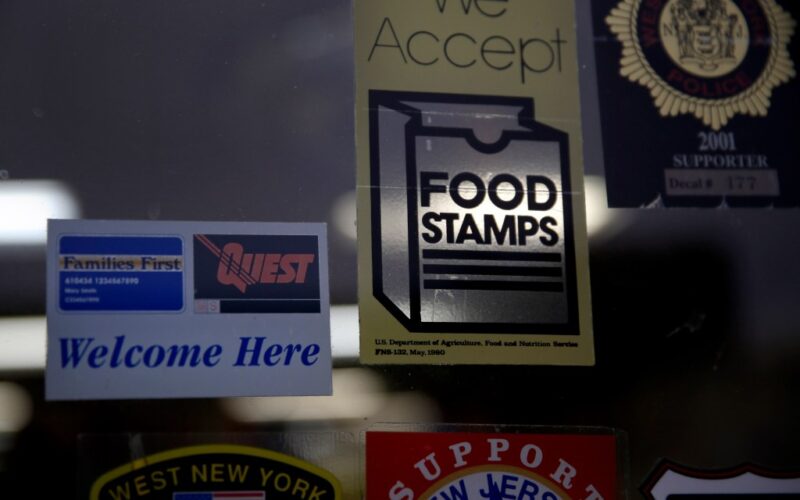Make America Healthy Again? More like “Make America Hungry Again.” In their stubborn pursuit of lowering taxes, especially for the rich, congressional Republicans are looking to cut spending on a vital resource for low-income children and families: The Supplemental Nutrition Assistance Program — colloquially referred to as “SNAP.” The program, also known as “food stamps,” has been one of the most important anti-poverty programs in country since its expansion over the 1960s and 1970s.
The National Academy of Sciences estimates that combined with the earned-income tax credit (EITC), SNAP benefits have decreased the child poverty rate in the U.S. from 28% in 1967 to 16 in 2016. According to the Center on Budget and Policy Priorities, SNAP provides food for 1 in 5 children and 43 million total individuals in the U.S. Three and a half million New Yorkers — 18% of the state population — depend on SNAP benefits, which average about $2,500 per year per person. That could all change in the next federal budget.
The “One Big Beautiful Bill Act” (OBBBA) that was passed by the House of Representatives last month would cut almost $300 billion from SNAP over the next decade, primarily by shifting up to 25% of SNAP costs from the federal government’s budget onto state budgets, and by expanding stringent work requirements that will make it harder to access SNAP benefits for many current recipients.
For New York, the OBBBA would threaten SNAP benefits for more than 1 million New Yorkers, including 363,000 children. It would make the state responsible for an additional $2.1 billion in annual spending just to maintain current SNAP payments. New York’s legislators will need to find new revenue sources to pay for these cuts to federal spending, or will be faced with cutting spending elsewhere in the budget. In states without such deep fiscal resources, SNAP may be cut entirely.
SNAP is also one of our most successful economic policy tools. A seminal study finds that access to SNAP benefits during childhood significantly improves long-term health outcomes, decreasing the risk of stroke, heart disease and diabetes in adulthood — and reducing the need for far more expensive medical interventions later in life.
A more recent study, conducted by economists at UC Berkeley, Stanford and the University of Michigan, documents profound improvements in the long term economic outcomes of adults who had access to SNAP during childhood. The authors observe increases to educational attainment and economic self-sufficiency, meaning that children who receive SNAP benefits are less likely to need support from social programs later in life.
SNAP is also well-understood as one of the key automatic stabilizers the federal government has in place to dampen the impact of an economic recession. The number of families facing hunger and poverty rises in a recession, but SNAP benefits can keep economic demand from falling precipitously. This helps support agriculture, food services, and local grocery stores during economic downturns. Reducing the size of the SNAP program, given the risk of a national recession and New York State’s weak economic growth, could seriously harm the state economy.
The OBBBA compounds the effects of these spending cuts by adding harsh work requirements on adults with school-age children as well as non-disabled adults ages 55-64. Work requirements impose inefficient hurdles that make it harder for eligible individuals to access benefits. One study finds that work requirements decreased SNAP participation for a group of still eligible adults with disabilities by almost 8%, while reducing participation for able-bodied childless adults by 21%.
Furthermore, the definition of disabled is often too narrow: more than one third of non-working adults classified as able-bodied by SNAP report having a disability that impedes their ability to work. What’s worse, numerous studies have shown that work requirements do not increase employment. Instead of increasing labor force participation, work requirements simply compound the economic hardships of low-income individuals.
Congressional Republicans pursuing spending cuts purport to care about children and families — and with making Americans healthier. But recklessly cutting SNAP, burdening state budgets, and doubling-down on work requirements will only hurt the economy and undermine public health. SNAP has been one of the country’s most effective social programs for decades, bringing food and financial security to homes in need and improving long-term health and economic self-sufficiency. Stripping Americans of that resource will hurt all of us.
Eisner is the chief economist of the Fiscal Policy Institute.








